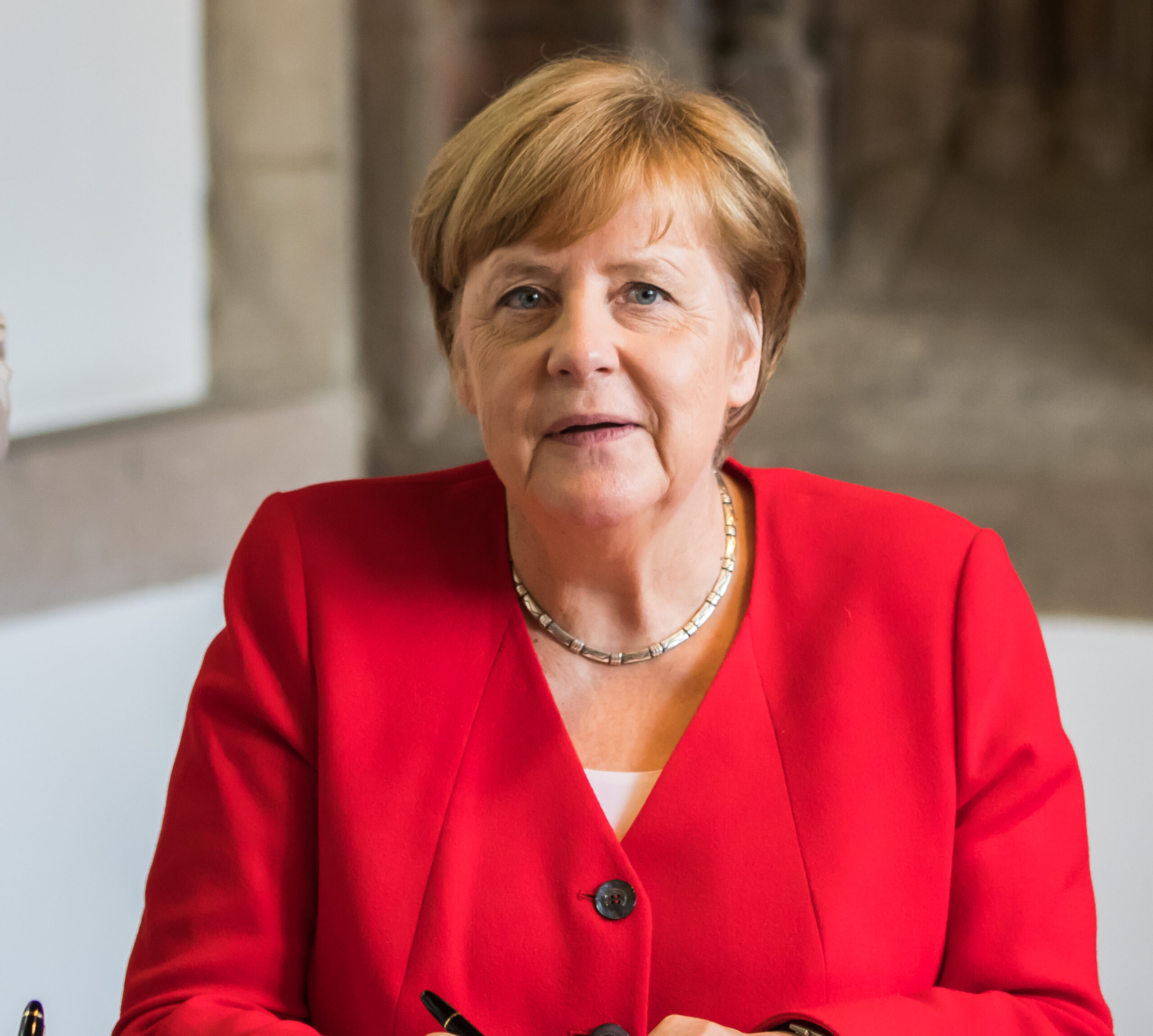
In her fifteen years as Chancellor, Angela Merkel has defined the very essence of ‘what it means to be German’. Pragmatism, consensus, and realism have become key synonyms of ‘Merkelism,’ a phrase that has existed in German politics for the last two decades. However, all good things come to an end; and for Merkel, her time is up. Whilst elections present opportunities to instigate change, the reality is that German foreign policy will likely remain the same.
It is interesting to first pose the question; how did Angela Merkel’s upbringing shape her leadership? Merkel was brought up in East Germany, where she lived along the dividing lines of ideological polarity between East and West Berlin. Having been on the wrong side of freedom and suffering oppression, Merkel sought to overcome structural constraints to climb the echelons of change via politics. Her East German upbringing, learning Russian, being Protestant of a conservative party, as well as being a woman, initially marked her as a dark horse; particularly to a chancellorship and political party that had been dominated by West German, non-Russian speaking, and predominantly Catholic men. The likes of Konrad Adenauer and Helmut Kohl depict this. In rewinding back to her youth, we can begin to understand her development into her now, self-proclaimed character. In 2014, Merkel mocked her own inability to walk until the age of four, terming herself a “little movement idiot”. In combining her self-deprecating yet ambitious nature with the very surreal presence of the Stasi, we can start to understand the evolution of Angela Merkel into an understated, frugal, and methodical individual.
Fast forward to the Bundestag election on the 26th of September 2021, and ‘the Merkel blueprint’ looks to remain. According to British and German media reports, a coalition led by the Social Democratic Party (SPD) or the Christian Democratic Union (CDU) is certain. Whilst the SPD won ‘25.7%’ of the vote with 206 seats in the Bundestag in contrast to the CDU/CSU picking up just ‘24.1%’ of the vote with 196 seats; the two largest parties remain at the helm of Deutschland’s politics. However, what is noticeable is the growth of the Greens who have increased their vote share by 5.9%, from ‘8.9%’ in 2017 to ‘14.8%’ in 2021, thus rewarding the left’s social and environmental agenda.
Politics aside, the reality of Germany’s proportional system remains. Either one of the two largest parties, who both share a largely centrist agenda, will lead a coalition. Therefore, no matter how the coalition talks go, the new chancellor will not have a substantial amount of headroom to diverge on the foreign policy of their predecessor.
However, assuming the CDU lead the next government, Berlin’s foreign policy is unlikely to change. If the reports by German media are to be believed, and the CDU manage to form a coalition with the Greens and Free Democratic Party (FDP) to produce a CDU-led Jamaica coalition, then Merkel’s legacy will be unamended under her successor, Armin Laschet. Issues such as German-Sino relations will likely pursue the same pragmatism whereby Berlin pursues a “strategic partnership” with Beijing; given Germany accounts for one-third of Chinese trade with the EU. Not only this, but in 2018 China superseded the United States as Germany’s largest trading partner. Therefore, where economic interests are prioritised over societal interests, (namely the abuse of human rights in Xinjiang or the controversy surrounding telecommunications giant, Huawei) Berlin will continue a path that overlooks China’s subversion of the liberal international order in favour of German economic interests.
If proven wrong and the CDU go into opposition, wherein the SPD led by Olaf Scholz form a government, Merkel’s foreign policy decisions may be amended, albeit incrementally. Considering Europe and the domestic agenda, it is likely that the Social Democrats will urge Scholz to the left just as the progressive wing of the U.S. Democratic Party has pushed President Joe Biden to the left. Why might this be? Well, Merkel’s leadership has seen the convergence of the two mainstream parties where a grand coalition between the CDU/CSU and the SPD, has pushed the SPD to the right on economic issues, whereas the CDU have been pushed to the left on social issues. Therefore, if the CDU remains in opposition, the SPD can reorient their agenda back to their core base: one that supports a Keynesian agenda of higher infrastructure expenditure and prioritisation of climate change. Of course, these are hypotheticals that are dependent upon variables such as the type of coalition, and which coalition partners control which ministries beyond the chancellorship. However, the contours of German foreign policy under a CDU or SPD coalition are unlikely to diverge from the pragmatic, consensual, and realist foreign policy of Angela Merkel.
German politics has undeniably undergone a process of convergence since Merkel’s ascendency to the chancellorship in 2005. German politics does not suffer with the same polarisation that the United Kingdom, the Netherlands, or even France is prone to. Instead, it has benefitted from a process of convergence. This has been a product of the previous CDU-CSU-SPD coalitions led by Chancellor Merkel. Regardless of which party leads the next government, who fronts the bid to become the next chancellor, or which coalition party gains which ministry – Berlin’s approach to domestic and foreign policy will largely follow a policy of continuity, rather than drastic change.



Average Rating